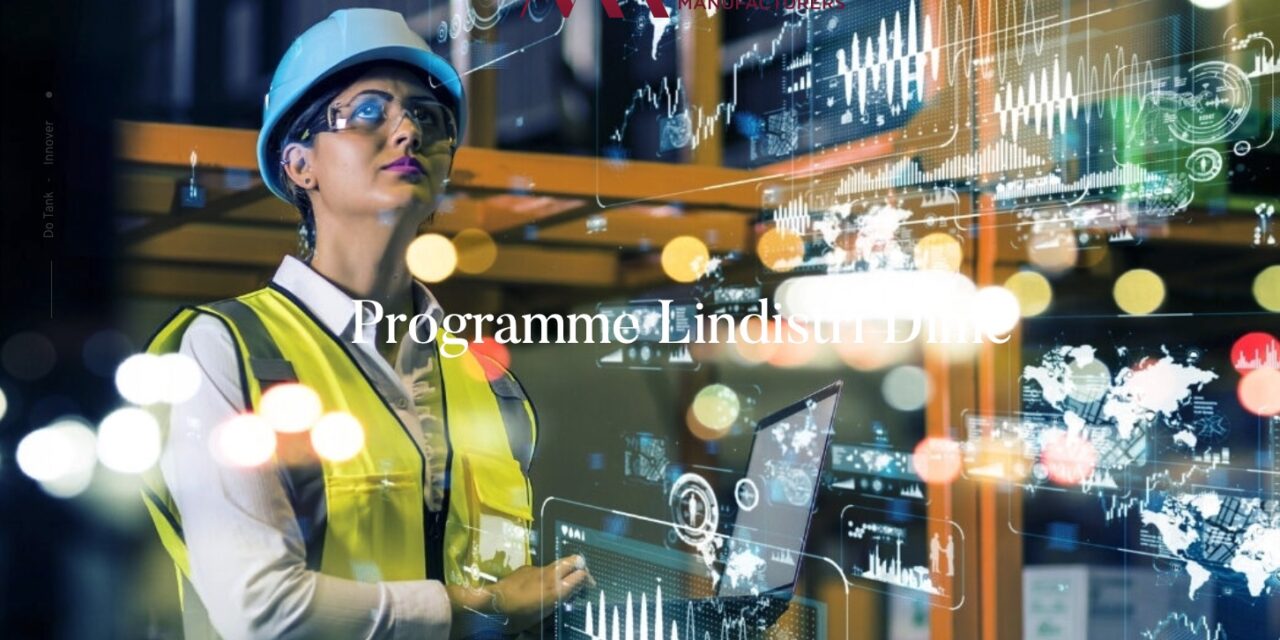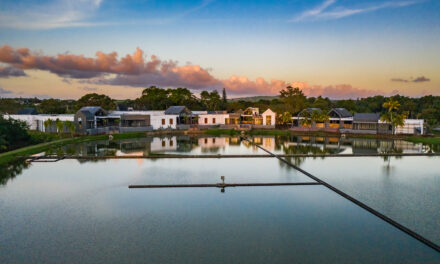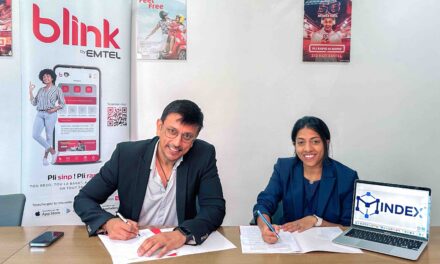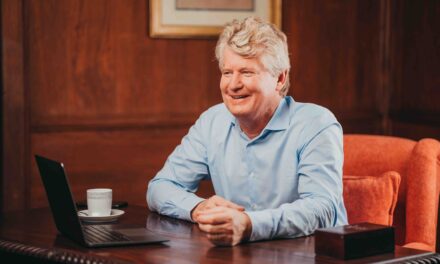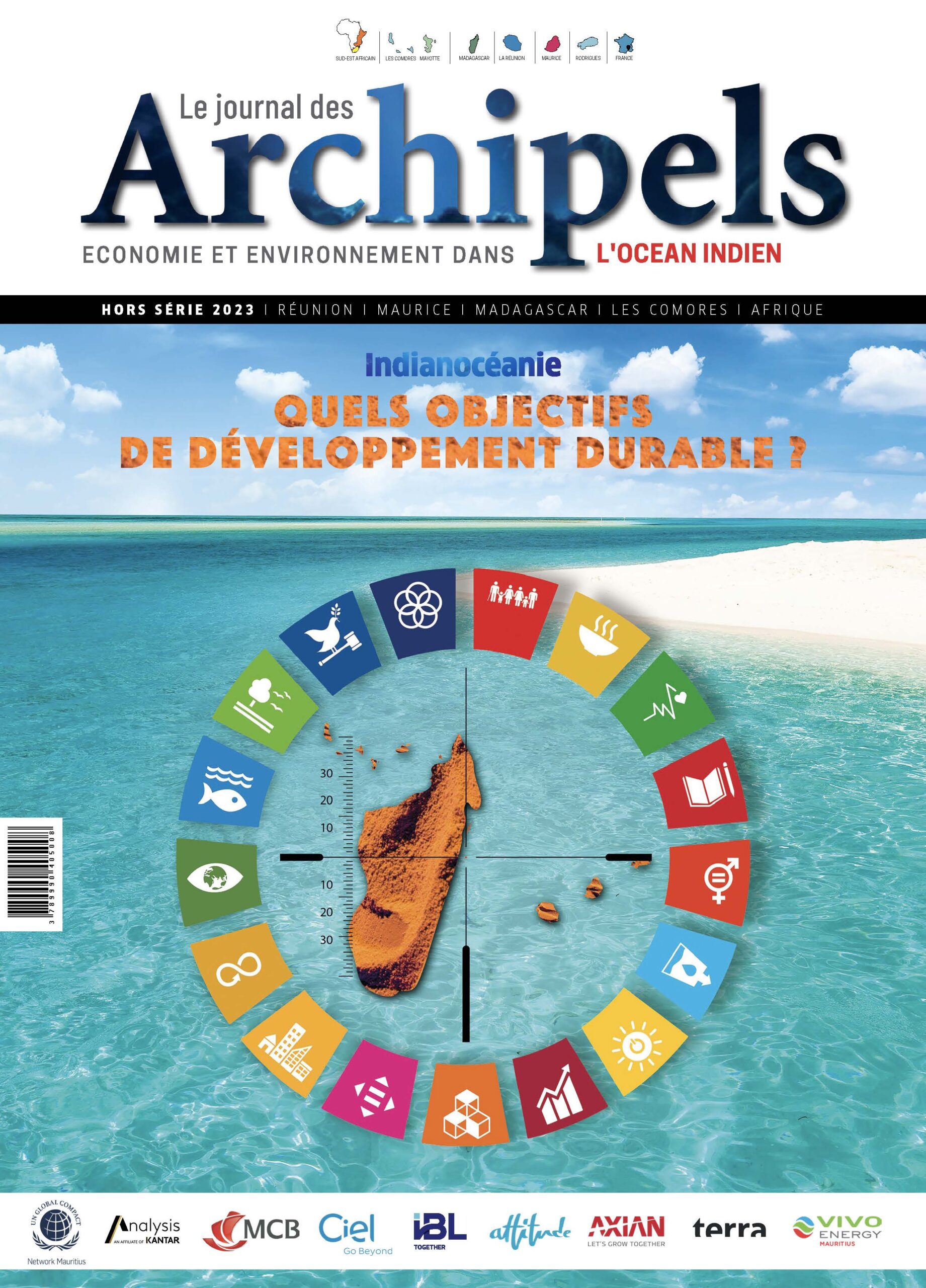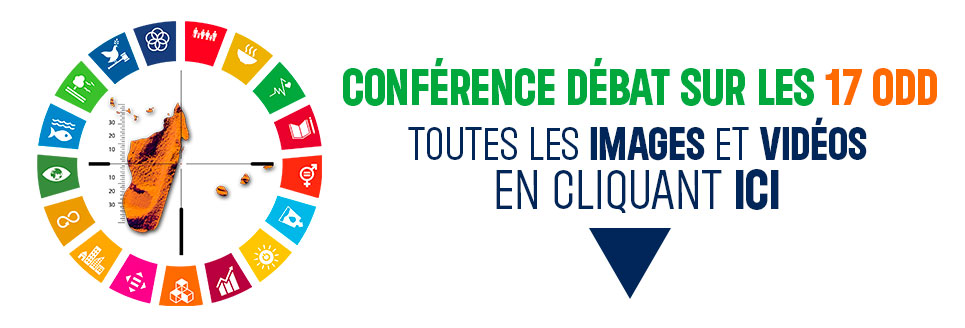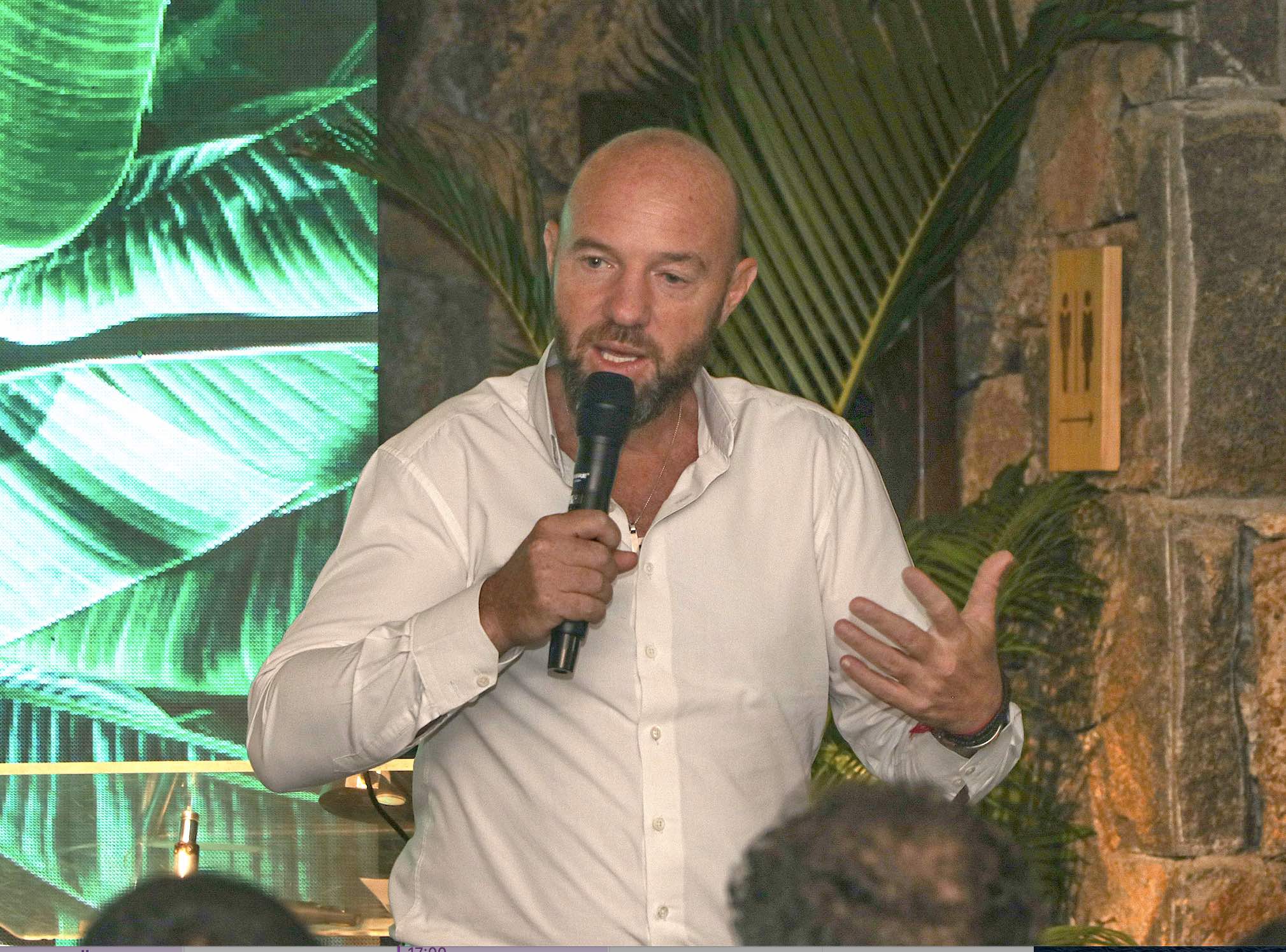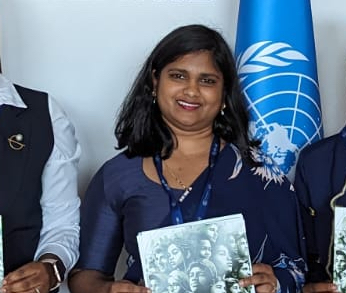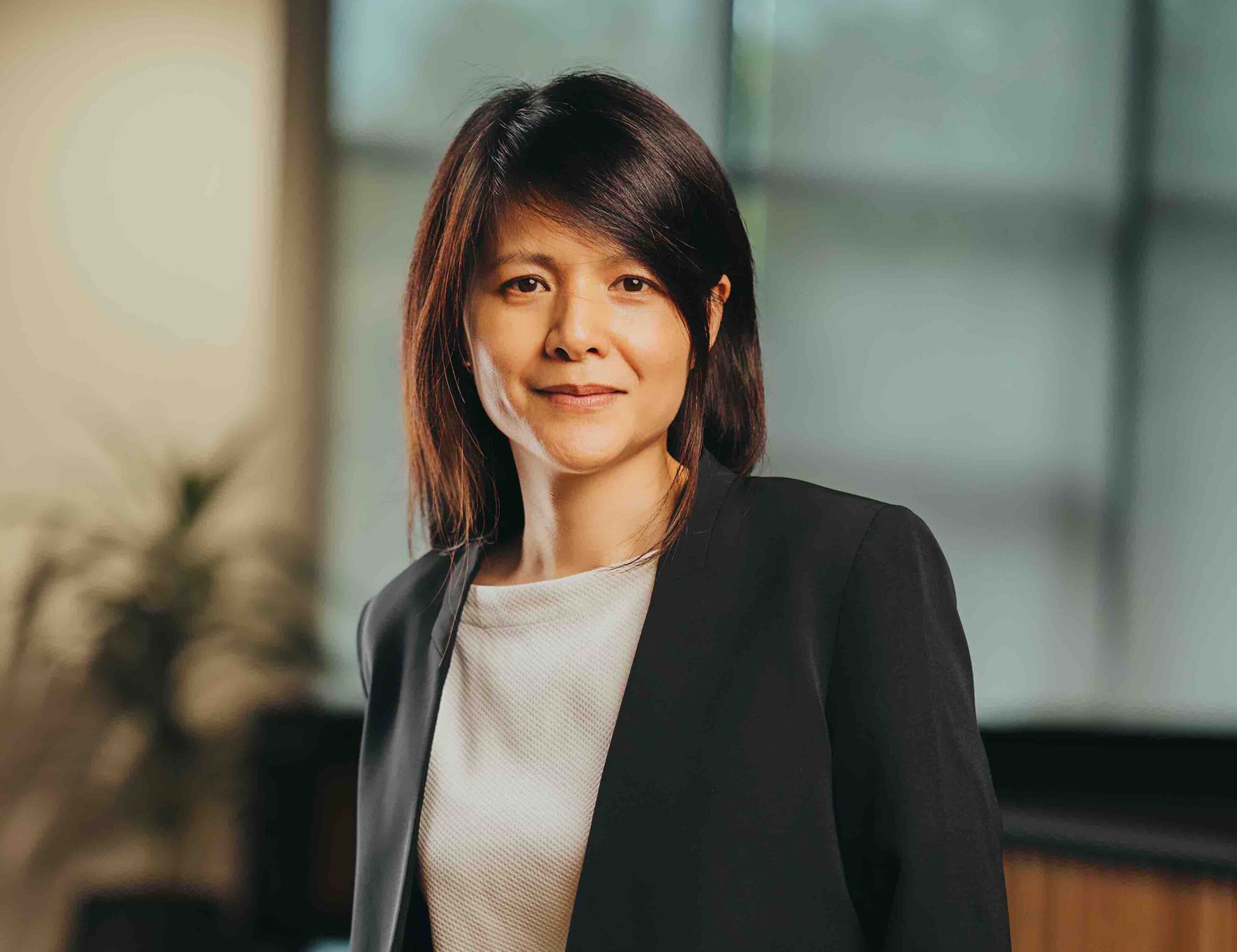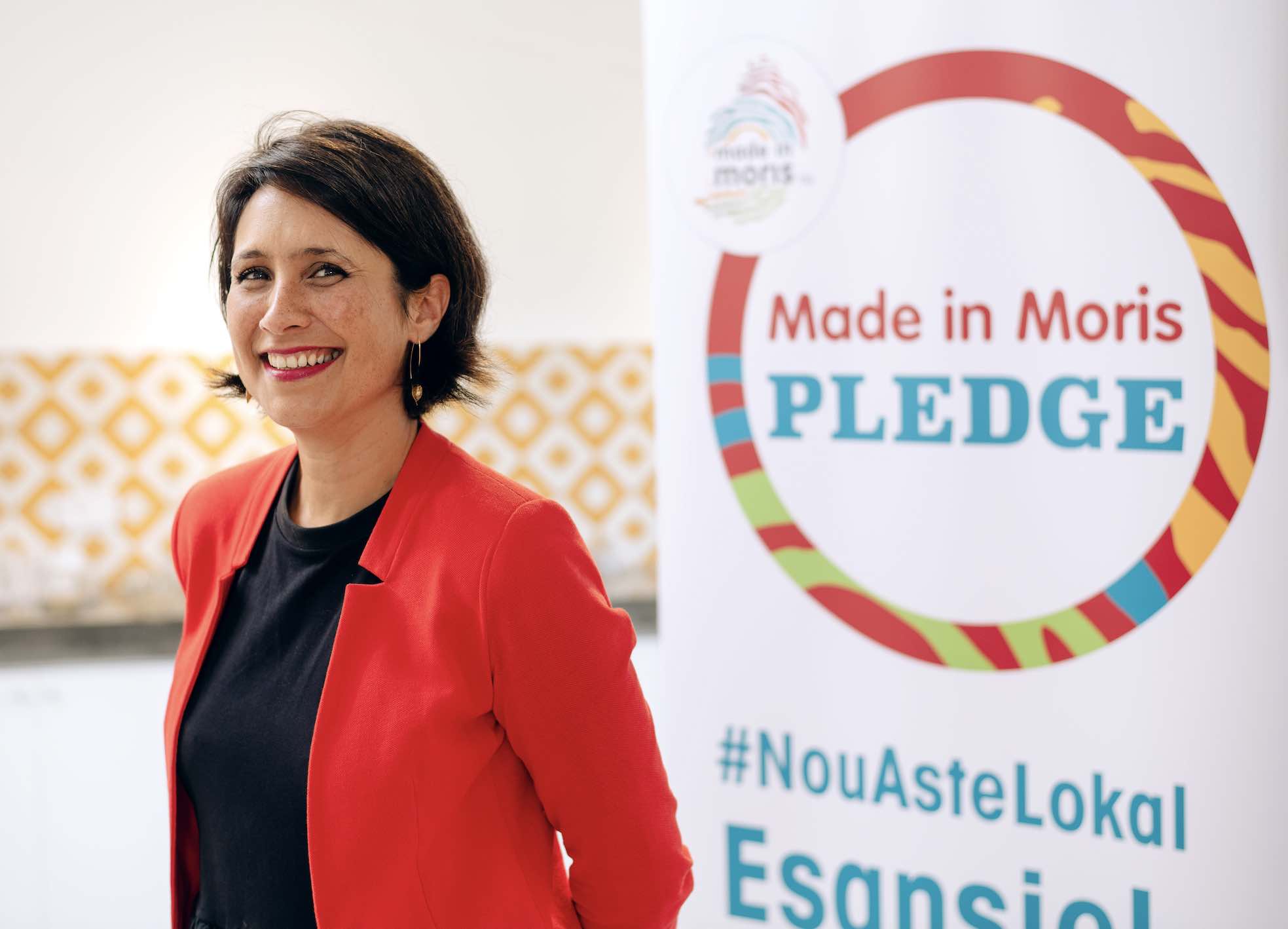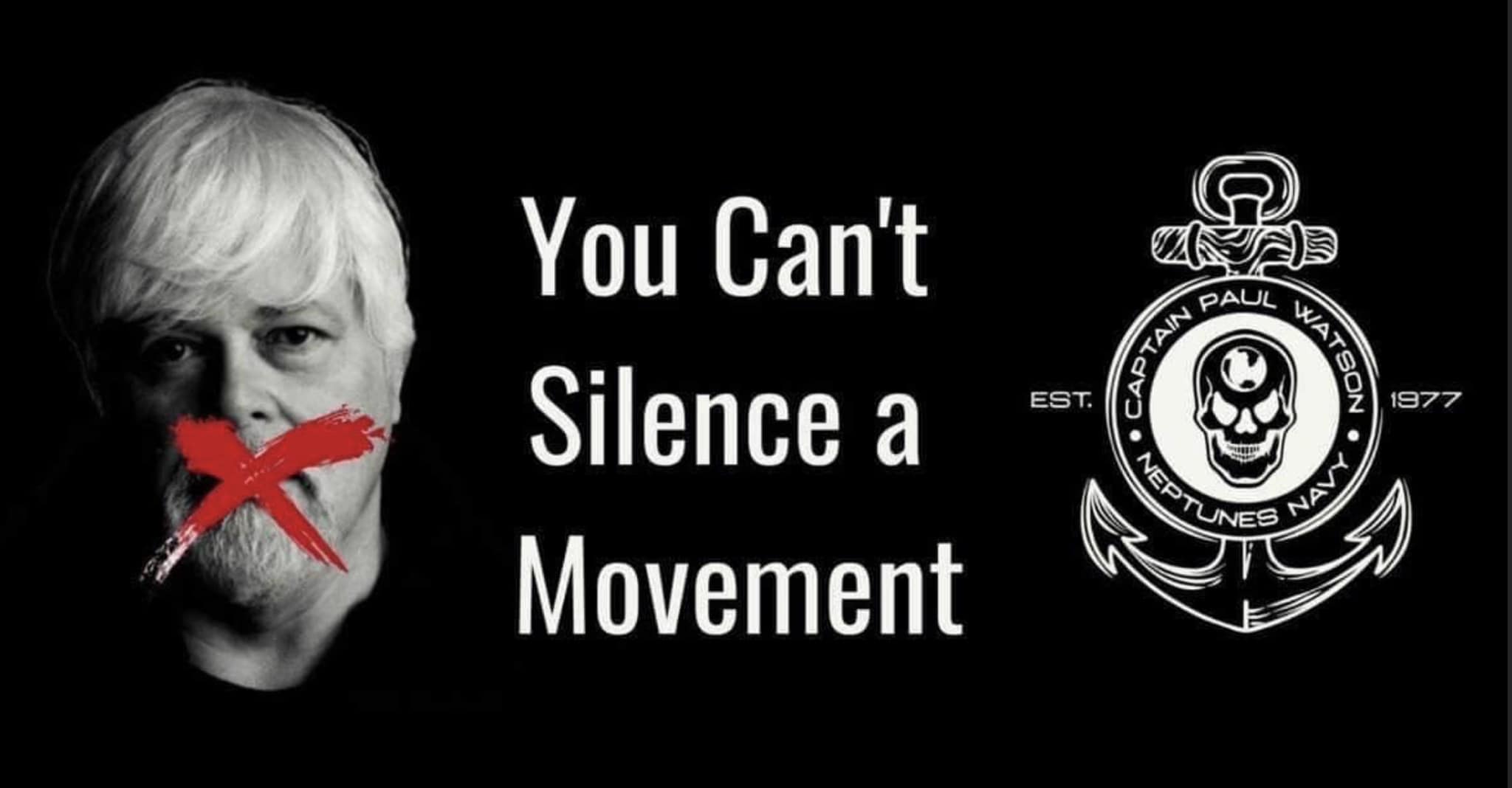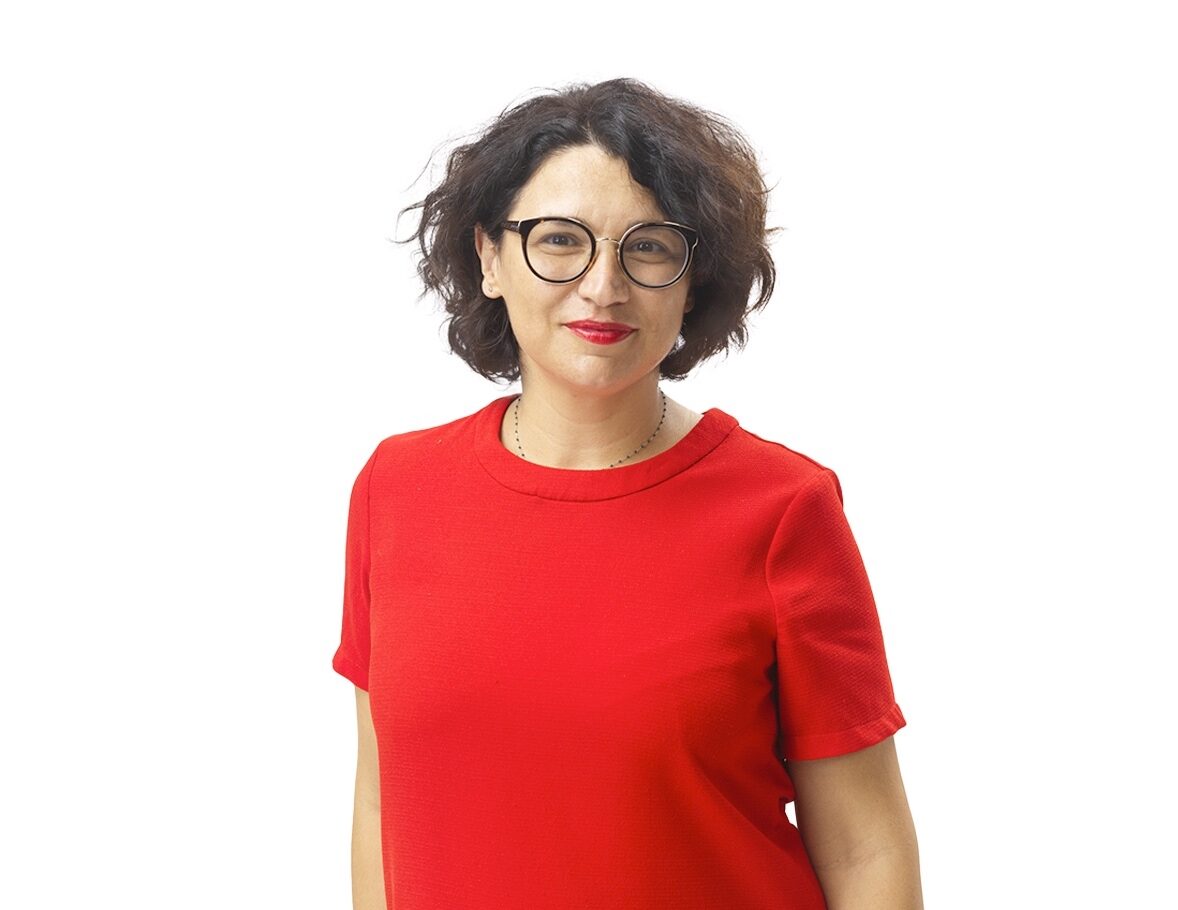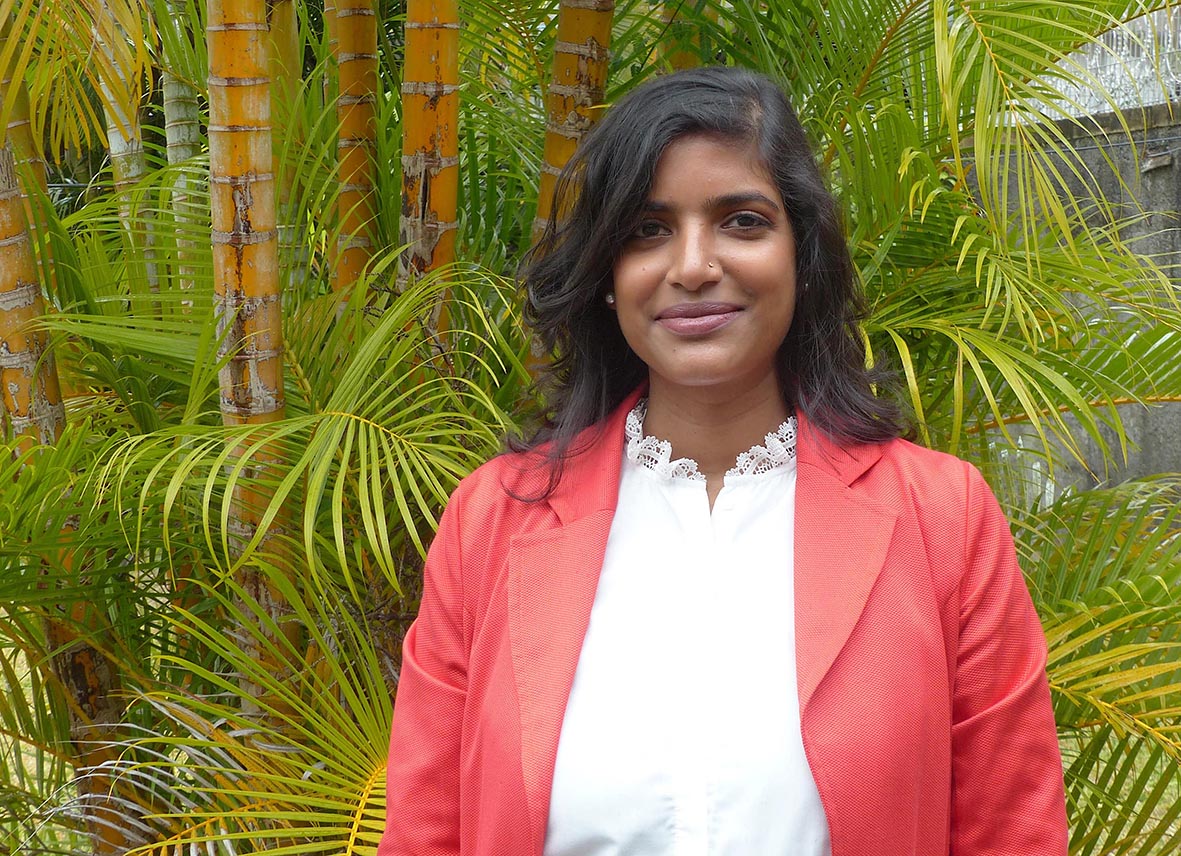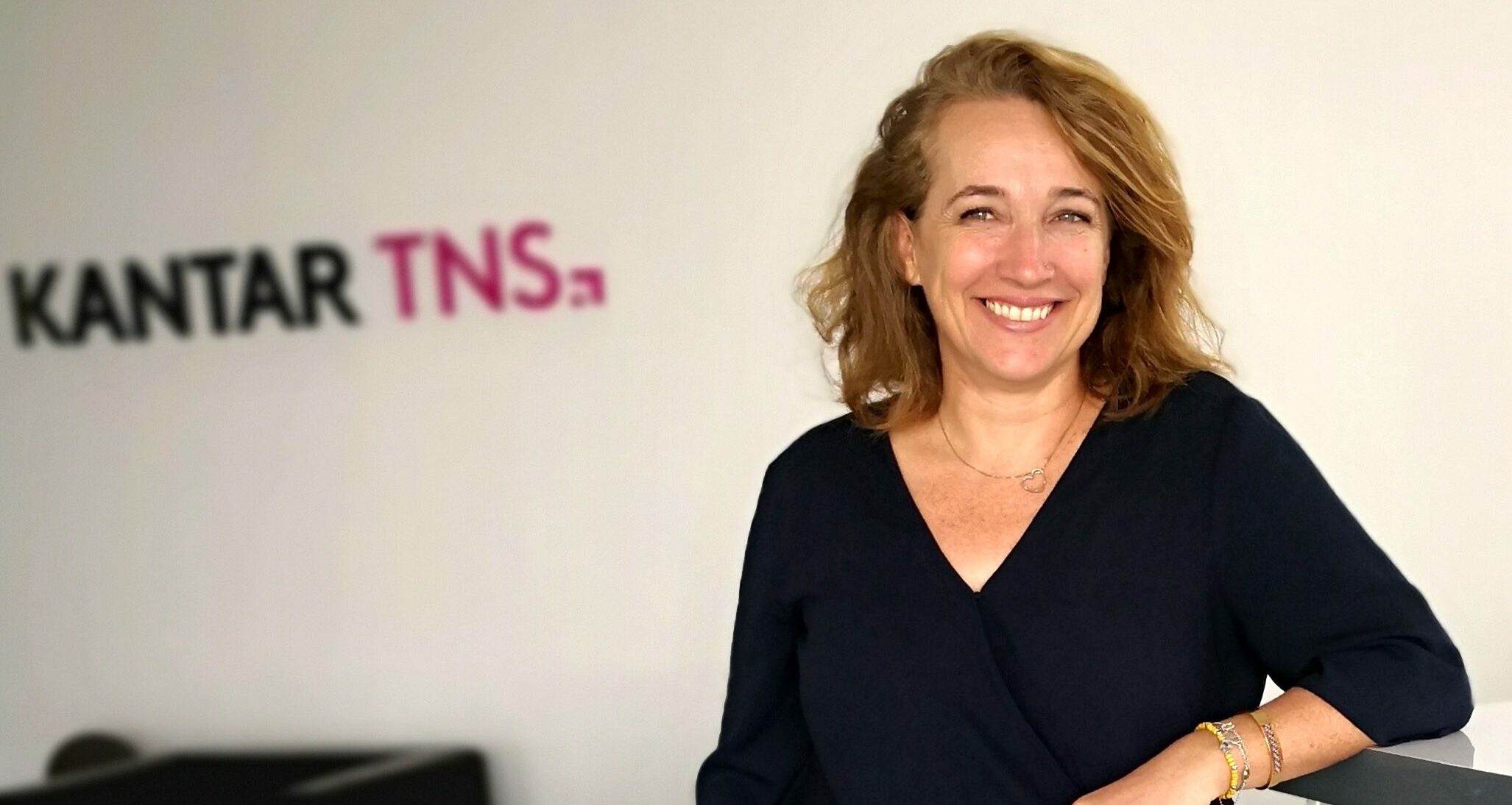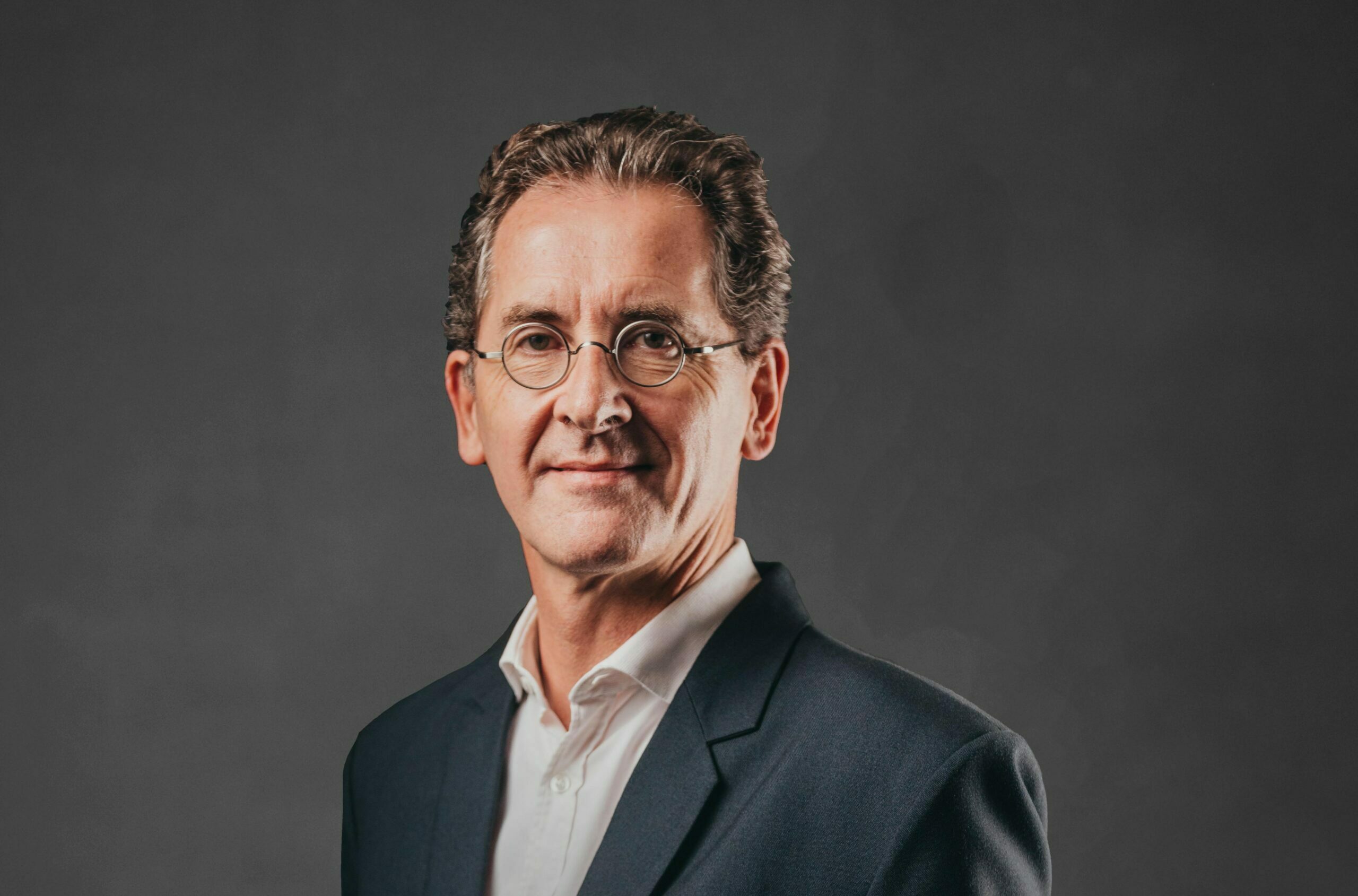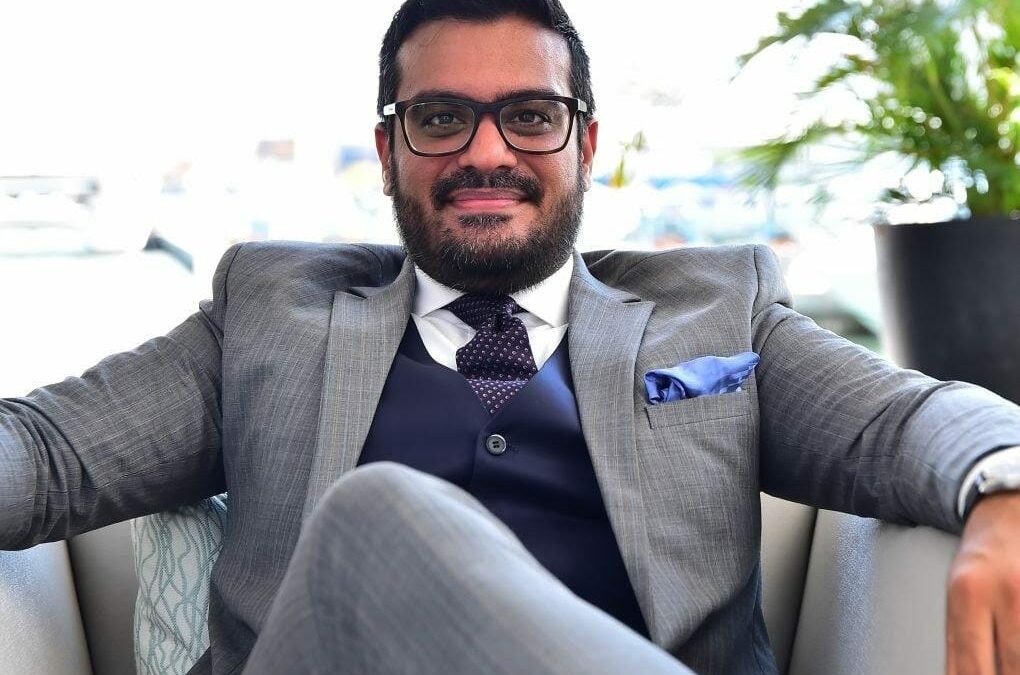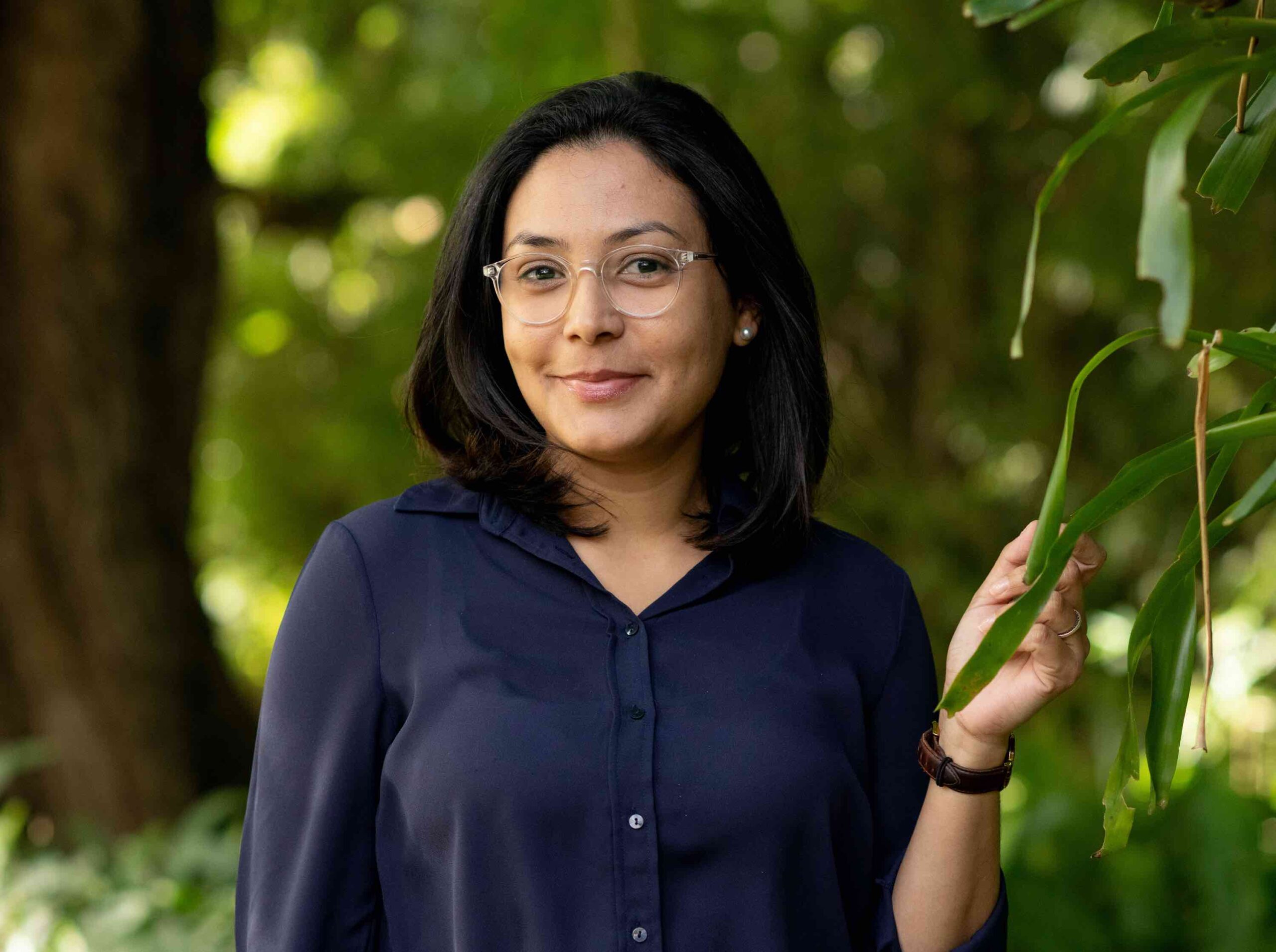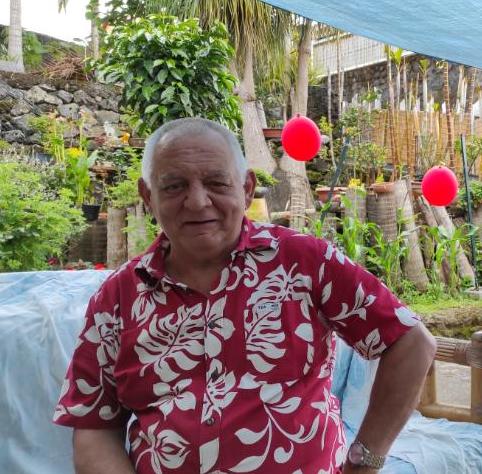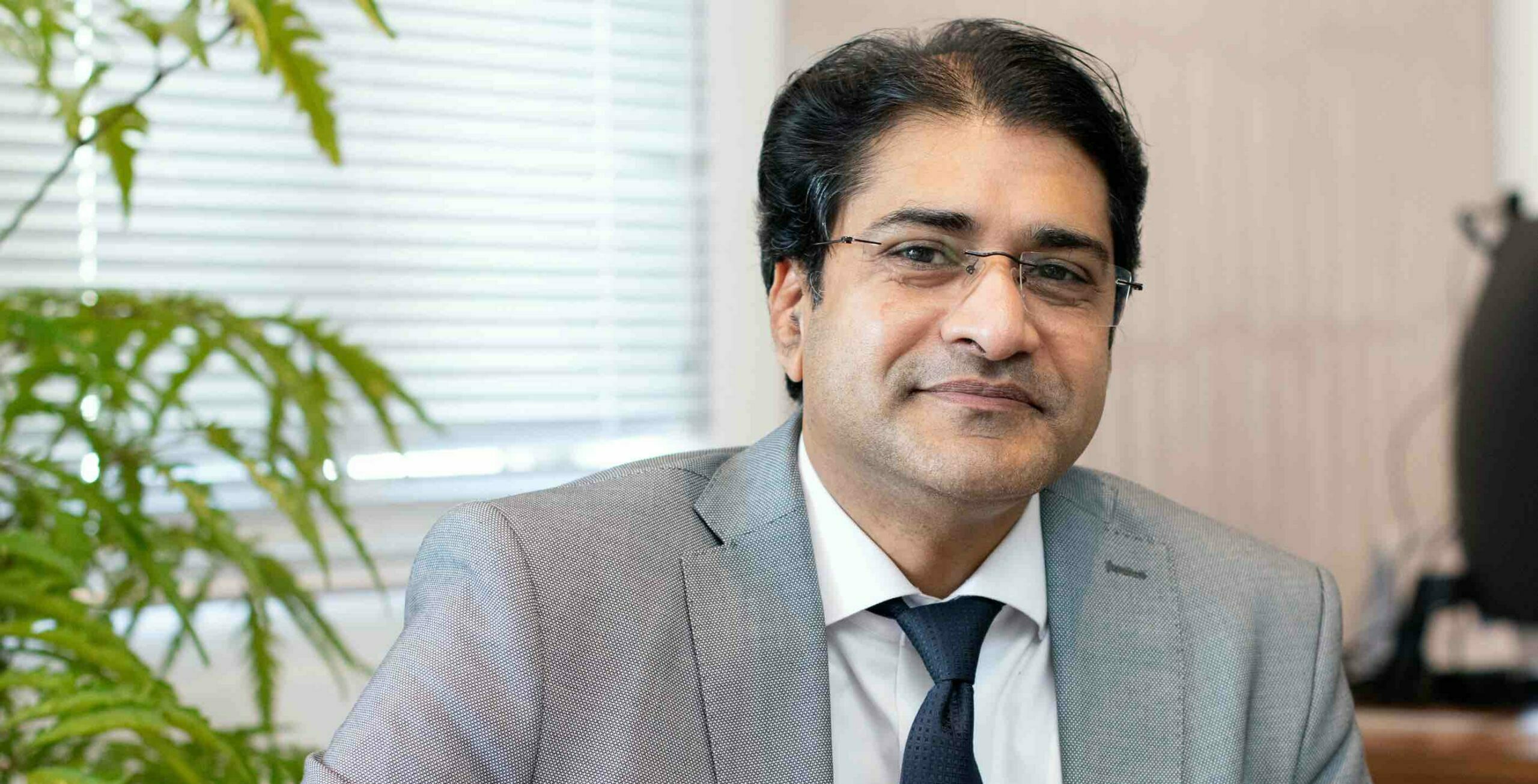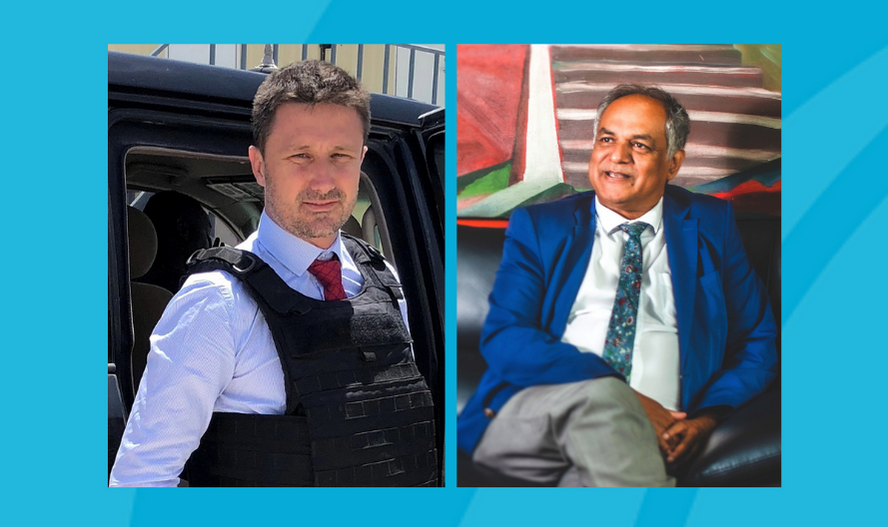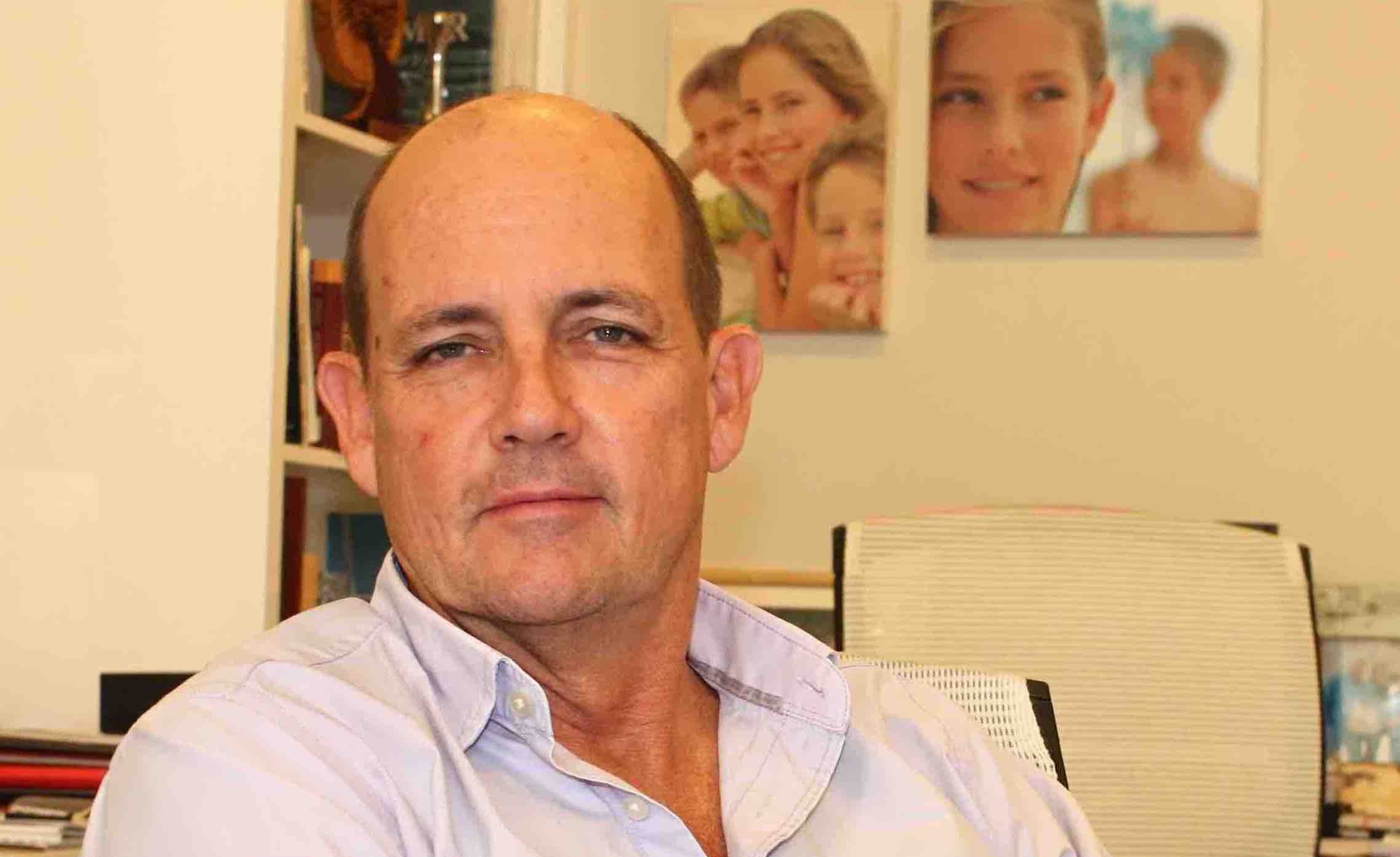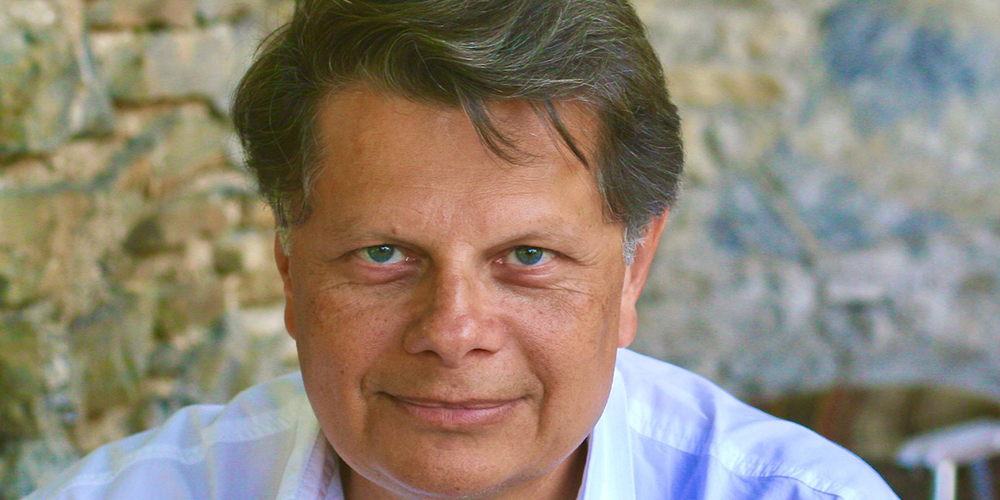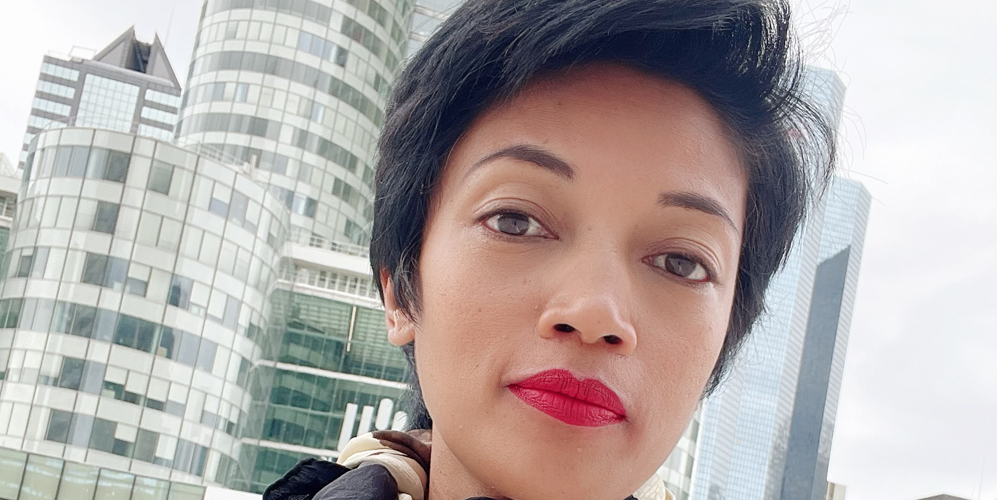Transforming the manufacturing sector means adopting sustainable modes of production and consumption. This is the context in which the Association of Mauritian Manufacturers launched Lindistri Dime (Industry Tomorrow) in 2021, a unique programme to transform the manufacturing sector. The HRDC is providing financial support to the AMM for this initiative. Lindistri Dime offers Mauritian manufacturers courses on innovative and necessary topics, to help them build their technical, operational and strategic skills.
“We have to learn to produce differently”.
Shirin Gunny, CEO of the AMM and Made in Moris, explains the relevance of the Lindistri Dime programme: “The issue of the circular economy is central to the mission of the Association of Mauritian Manufacturers and the Made in Moris label. We know: we have to learn to produce differently. Lindistri Dime, with the support of the HRDC, enables us to seek out useful expertise for our industrial base in the Indian Ocean region and elsewhere. Our members and brands are committed to the region and feel responsible for good business and industrial practice. This year, we are delighted to be opening the registration process to companies outside our network. This programme will undoubtedly strengthen the competitiveness of our companies and should make local industry more attractive to young people.
The Lindistri Dime programme is based on three tracks: eco-design, sustainable supply chain management and the factory of the future through automation and new technologies. Lindistri Dime concludes with the third track – Industry of the Future – which is being launched in February. This course will focus on the digital, technological and responsible transition for the manufacturing sector.
The challenges of sustainable development have become paramount.
Samuel Maujean, WMA’s Excellence Operational Manager, has been director of the Lindistri Dime programme since 2021. He explains the importance of the
He explains the importance of the “Industry of the Future” pathway for the Mauritian manufacturing sector. “Today, Mauritian manufacturers are experiencing major difficulties related to access to labour.” This issue has been at the heart of our thinking in designing the Industry of the Future course. In fact, it will be our main theme. Today, companies are seeking to minimise this threat to their operations. The adoption of automation on production lines represents a real solution. On the other hand, the global trend is also prompting companies to adapt in order to meet economic challenges such as fierce international competition, but also those of sustainable development, which have become paramount. For these reasons, it is more than appropriate for companies to get involved in collective initiatives such as those proposed by the WMA to support the sector”.
Between 2021 and 2023, more than thirty companies in the AMM and Made in Moris sectors will follow the first two routes – Eco-design with Qualitropic, an innovation cluster. This involved assistance with the eco-design of products and packaging. Companies then took the second Sustainable Supply Chain Management course to design a more sustainable supply chain and think about purchasing differently and responsibly. This course was run by the BuyYourWay agency, which focused on the economic and ecological dimensions of a supply chain. These first two courses provided food for thought for the companies and identified areas for progress and collaboration. To date, over twenty collective and individual projects have been identified.
Registration for the third and final course – Industry of the Future – is open to all companies, even those outside the WMA network. Samuel Maujean says: “This course – Industry of the Future – is aimed at all types of industries facing difficulties and in need of guidance. But it’s also aimed at industries that want to take their operations and logistics to the next level. In both cases, they will benefit from the advice of the Ekium engineering firm, which can enlighten or support the captains of industry in their short- or longer-term strategies”.
The course is organised in two phases: group and individual. Participating companies will follow five group modules on the following themes: “Digitalisation & Collaboration”; “IoT & Information Capture; Measuring, Analysing, Informing and Piloting: From Instrumentation to Big Data Analysis”; “Automation & Robotics” and “Decarbonisation: Energy Management, improving and optimising consumption (Management & Good Practices)”. In an individual phase, 24 companies will be selected for individual support to help them develop specific projects or take action on issues common to a cluster of companies.
Samuel Maujean points out: “With this third course, we will be focusing on building the skills of local manufacturers from a technical, operational and strategic point of view, with the aim of enabling participating companies to grow in a healthy way whatever their context. The main principles of the factory of the future will be studied, with a view to building a resilient, high-performance industry that is also more respectful of the environment. To achieve this, the focus will be on technologies for the future that are adjustable, scalable and modular, enabling the various companies to feel comfortable and involved in the subject.”
This third course will be run by Ekium AMIO Ltd, part of the Ekium Group, a multi-sector engineering company that supports its customers in their industrial strategy, the design of their equipment and buildings, the management of production and the maintenance of installations. Participants will leave with a white paper outlining innovative best practice in the area covered by the course, as well as details of how to initiate pre-identified in-house projects. Companies selected for the individual phase will receive reports focusing on their specific issues.
“Develop new products and stay ahead of the competition”.
The Ekium Group is sending a trio of carefully selected experts to the WMA: Denis Bouteille, Agency Director, an expert in Automation, Digitalisation and Decarbonisation (France); their Chief Innovation Officer, Omer Akdeniz, an expert in Robotics, Automation and Digitalisation (France); and Shahnawaz Hossenbaccus, Senior Project Manager (Mauritius), an expert in Information Capture and IOT. They explain that technological transition is a key challenge for Mauritian manufacturers. “This transition offers new opportunities for improving production processes, developing new products and staying ahead of the competition. It forms part of a broader transition that is known in technical terms as ‘industrial performance’, which will encourage research and development in several sectors. This in turn will help to strengthen their international competitiveness and their ability to adapt to global change. Companies that adopt new technologies quickly are better prepared to cope with rapid changes in the global economy.”
They stress that the “Industry of the Future” pathway is necessary for the transformation of the manufacturing sector. “Although certain tasks can be automated, the technological transition can also transform or create new jobs in these areas, such as the design, maintenance and programming of new technologies. This training course will enable manufacturers to see examples of concrete applications of these new technologies, such as automation, artificial intelligence and the Internet of Things (IoT), so that they can be inspired to replicate them at home. It will also enable them to understand the challenges of decarbonising their industry and, for some of them, to launch pilot projects before rolling them out on a larger scale”.
To further develop the Lindistri Dime approach, the AMM and Made in Moris will soon be welcoming a bioeconomy engineer to revitalise thinking on eco-design for the manufacturing sector and to start implementing projects from the first eco-design course.
Companies interested in taking Lindistri Dime’s Industry of the Future course have until 23 February to register with the AMM.


